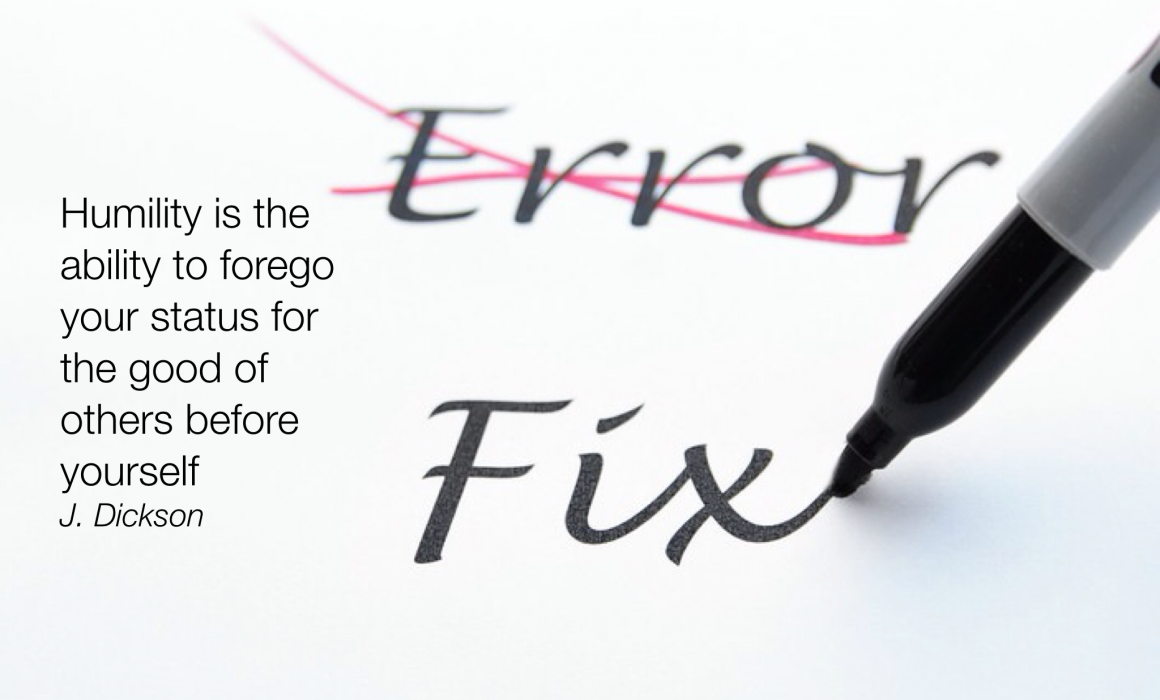Admitting mistakes builds trust
Trust is foundational to a positive culture in any organisation, but how does a leader develop and maintain a culture trust? My PhD research uncovered 10 key practices that highly trusted transformational leaders use to build trust between them and their staff; the first of which is admitting mistakes.
Leaders are not infallible; they are human as one individual who participated in the research project described her leader:
He is very human; he displays a human error side of him… He is happy to admit when he makes mistakes (Sam, teacher).
How leaders deal with their mistakes sets the tone for the rest of the organization and is a key factor in the creation of trust (Reina & Reina, 2006). A leader’s willingness to display his/her vulnerabilities, both personally and professionally engenders a staff’s admiration and trust. Staff members view this practice not as a weakness but as a key strength of leadership, connecting them to their leader on a very human level.
The willingness to be vulnerable, to have the ability to be self-reflective and recognise one’s own strengths and weaknesses, to apologise when an error had been made or to reverse a poor decision portrays the leader’s humility. Dickson (2009) describes humility in leadership as the ability to redirect your power, to forego your status and deploy your resources or use your influence for the good of others before yourself.
Collins (2001) asserts that it is possible to be humble, iron-willed and successful—and many successful leaders have these qualities. These characteristics were certainly evident in one of the four highly trusted leaders studied during the research project: [Ella] was described by her staff as being very upright and professional, and even formidable or stern. Others described [Ella] as “very cut and dry,” not letting emotions sway the decisions that she makes. [Ella] said that trust “isn’t about being nice, because I am certainly not nice.” Yet, [Ella] was happy to be vulnerable and admit freely to her staff that there is much that she does not know.
When was the last time you made a mistake or made a poor decision; how did you respond? Were you willing to be vulnerable in front of the people you lead? Did you have the confidence and humility it takes to say sorry? Did you then act and fix the problem? Are you willing to accept responsibility for other people’s mistakes?
Next blog: Offering trust builds trust

